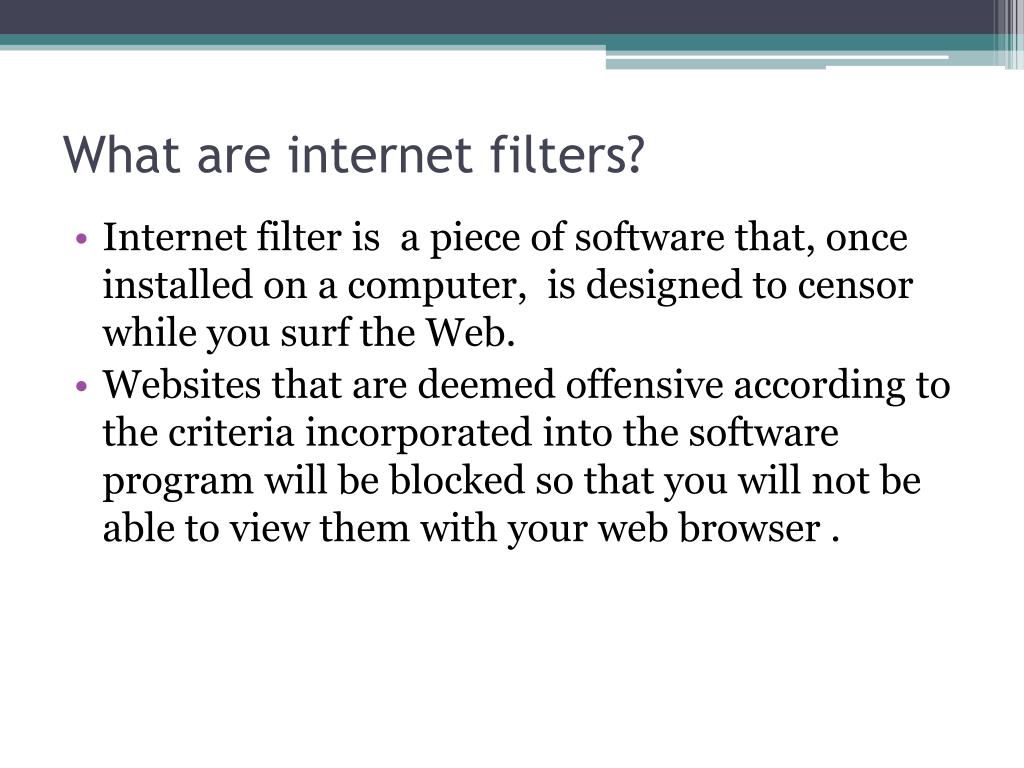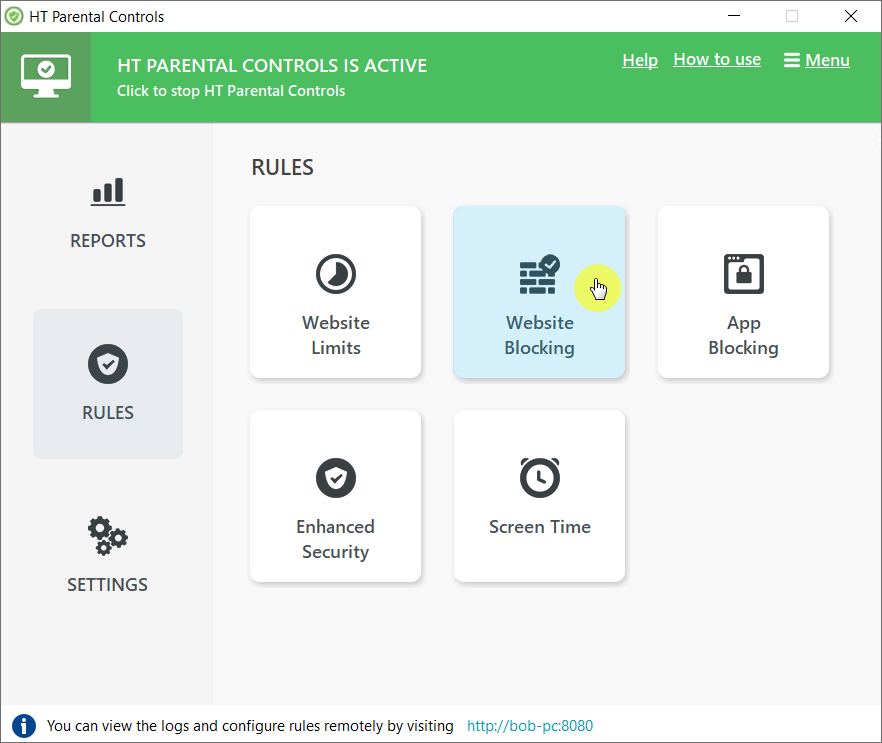

Industry leaders responded to the White House call with a barrage of announcements: (Note: see appendix for detailed explanations of the various technologies.) The ACLU and others in the cyber-liberties community were genuinely alarmed by the tenor of the White House summit and the unabashed enthusiasm for technological fixes that will make it easier to block or render invisible controversial speech. The meeting was "voluntary," of course: the White House claimed it wasn't holding anyone's feet to the fire. The ashes of the CDA were barely smoldering when the White House called a summit meeting to encourage Internet users to self-rate their speech and to urge industry leaders to develop and deploy the tools for blocking "inappropriate" speech. And in the end, we may find that the censors have indeed succeeded in "burning down the house to roast the pig." Is Cyberspace Burning? Today, all that we have achieved may now be lost, if not in the bright flames of censorship then in the dense smoke of the many ratings and blocking schemes promoted by some of the very people who fought for freedom. In other words, the Court said that online speech deserved the protection afforded to books and other printed matter.

ISSUES INTERNET FILTERING SOFTWARE FREE
ACLU, the Supreme Court overturned the CDA, declaring that the Internet is entitled to the highest level of free speech protection.

The first flames of Internet censorship appeared two years ago, with the introduction of the Federal Communications Decency Act (CDA), outlawing "indecent" online speech. Today, will Fahrenheit, version 451.2 a new kind of virtual censorship be the temperature at which cyberspace goes up in smoke? But in the virtual world, one can just as easily censor controversial speech by banishing it to the farthest corners of cyberspace using rating and blocking programs. In Bradbury's novel and in the physical world people censor the printed word by burning books. "Fahrenheit 451" is, of course, the temperature at which books burn. In his chilling (and prescient) novel about censorship, Fahrenheit 451, author Ray Bradbury describes a futuristic society where books are outlawed. "Any content-based regulation of the Internet, no matter how benign the purpose, could burn the global village to roast the pig." Despite the Supreme Court's strong rejection of a broadcast analogy for the Internet, government and industry leaders alike are now inching toward the dangerous and incorrect position that the Internet is like television, and should be rated and censored accordingly. The White House meeting was clearly the first step away from the principle that protection of the electronic word is analogous to protection of the printed word. The ACLU and others in the cyber-liberties community were genuinely alarmed by the tenor of a recent White House summit meeting on Internet censorship at which industry leaders pledged to create a variety of schemes to regulate and block controversial online speech.īut it was not any one proposal or announcement that caused our alarm rather, it was the failure to examine the longer-term implications for the Internet of rating and blocking schemes. ACLU, the Supreme Court overturned the Communications Decency Act, declaring that the Internet deserves the same high level of free speech protection afforded to books and other printed matter.īut today, all that we have achieved may now be lost, if not in the bright flames of censorship then in the dense smoke of the many ratings and blocking schemes promoted by some of the very people who fought for freedom.


 0 kommentar(er)
0 kommentar(er)
